AI Is Just A Bad Excuse For Samsung And Apple’s Lazy Phone Hardware
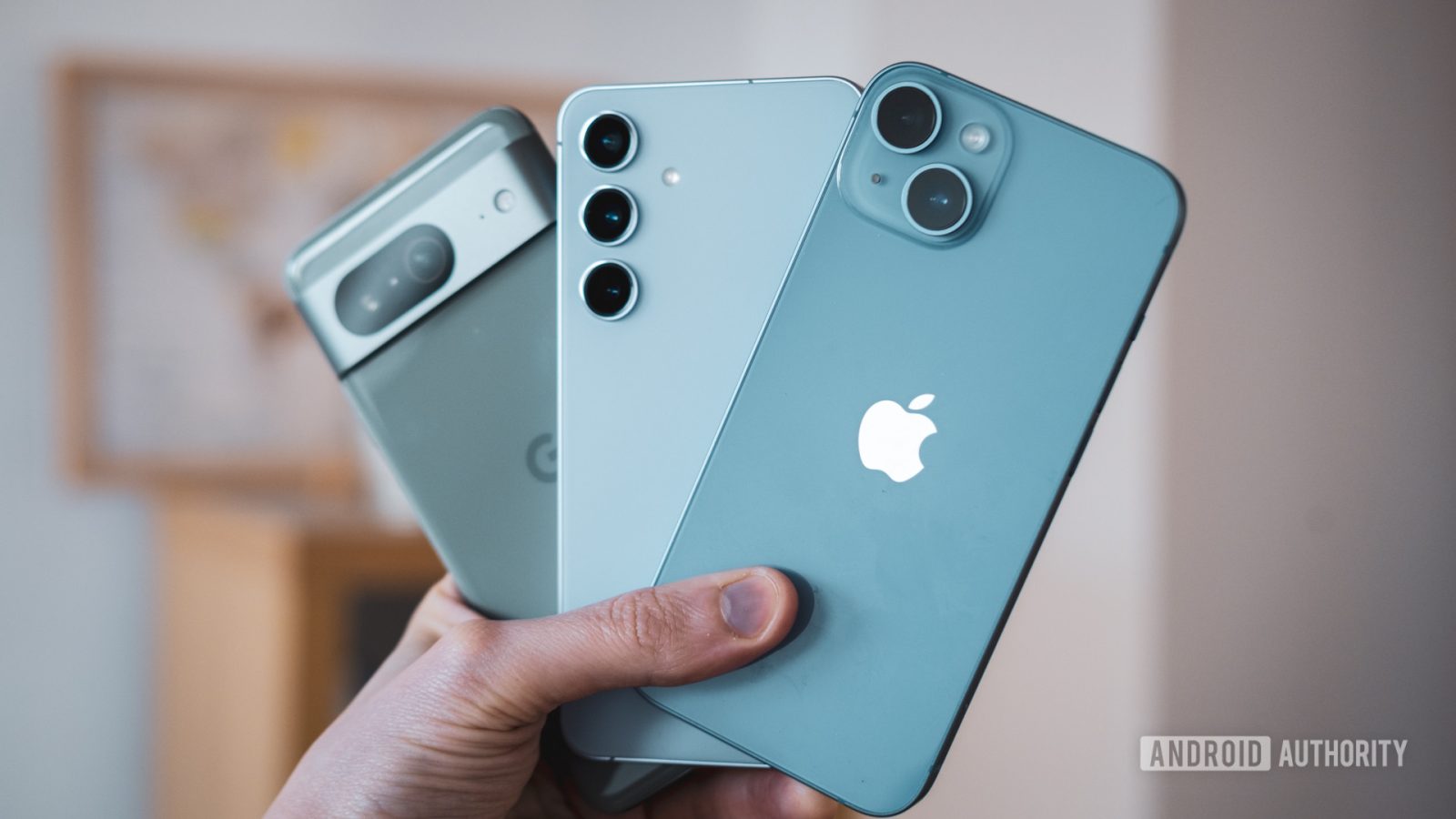
When Galaxy AI burst onto the scene with last year’s Galaxy S24 series, it felt novel and interesting enough to almost offset the fact that the phones hadn’t otherwise changed all that much from the previous year or the year before that. Teething issues aside, it felt like there could be an interesting future buried somewhere in all the buzzwords. Boy, how that goodwill soured quickly; the déjà-vu has never been stronger than with our Galaxy S25 hands-on.
Yes, there are changes, of course, but they’re pretty minor even on the Ultra, and good luck remembering what’s new on the hardware front with the Galaxy S25 and S25 Plus. Instead, it’s all about what’s new with Galaxy AI. But AI is fast becoming a crutch for a number of brands to leave hardware in the back seat. Honestly, it’s got to stop.
I’m sure you’re all painfully aware of the snail-paced improvements to modern flagship hardware. Samsung has barely changed its formula in the past four years, save for minor camera adjustments and a few more mAh squeezed into the batteries. Likewise, Apple’s iPhone still suffers from tediously slow charging, stale cameras, and tumbleweeds rolling through the Dynamic Island development offices. Maybe Apple’s new Camera Control button and Samsung’s upcoming Edge model count as innovative if we’re feeling very generous. But in general, slapping a new processor in the same chassis and calling it a day is about as much effort as these brands can muster. At least Google keeps its phones looking somewhat fresh each year.
What feature would you prefer phone brands to invest in?
7 votes
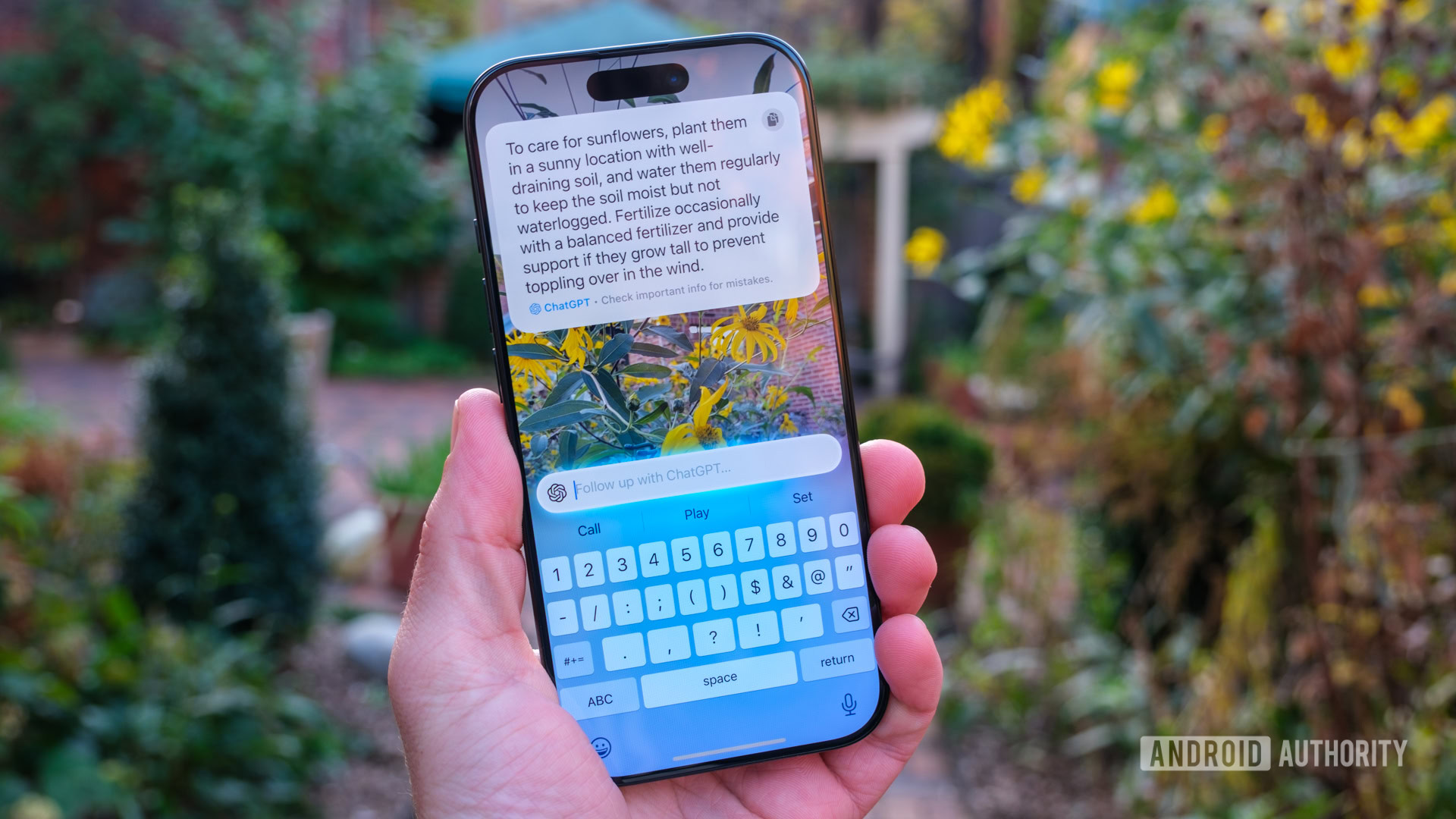
Ryan Haines / Android Authority
Instead, all eyes are laser-focused on what AI can do, or rather what it insinuates it might eventually do. And while the AI buzz might have CEOs grinning and shareholders drooling, it’s yet to have a game-changing impact on consumer products. And I’m not just talking about the laughable examples like the Rabbit R1; you’ll find AI crammed into virtually every office suite and new bit of hardware on the market, yet I’d wager very few of you dabble above the free tier.
A big part of the problem is a lot of the latest AI software is downright garbage, too. Contextual settings search is Samsung’s latest innovation, but surely that’s just a tacit admission that One UI 7’s menus are a hellhole to navigate. Not to mention that various Android launchers have had settings search options for years, albeit text-based. The iPhone’s newsfeed summaries are an embarrassment that Apple has had to disable. The less said about HONOR’s latest AI image upscaling malarky, the better. And why does everyone think I want to generate an AI avatar of myself? Give me strength.
The few useful AI features already run just fine on last year’s hardware.
Admittedly, some AI tools are quite helpful. Quickly summarizing an email chain or translating a conversation in real-time while traveling are as close to game changers as the industry has come. But that’s all last year’s tech, and they can run just fine on phones older than that. Google’s handy Circle to Search, for instance, can run on just about anything. Equally, why should anyone consider buying a new phone to be little more than a beta tester for tools that might have the plug pulled at any point? Those voice transcriptions aren’t going to remain free forever, are they?
If you want to know where all this is leading, I expect Gemini, Apple Intelligence, etc., will quickly reach a plateau just like Google Assistant, Siri, Alexa, and the rest did. Those were once major product differentiators, too, yet today, they’re gradually being dumbed down because there’s no money in glorified egg timers, just like few will spend good money to upscale their occasional long-range photos. AI’s one saving grace is that tools that run offline might stick around after the inevitable rug-pull to become a core part of the mobile experience.
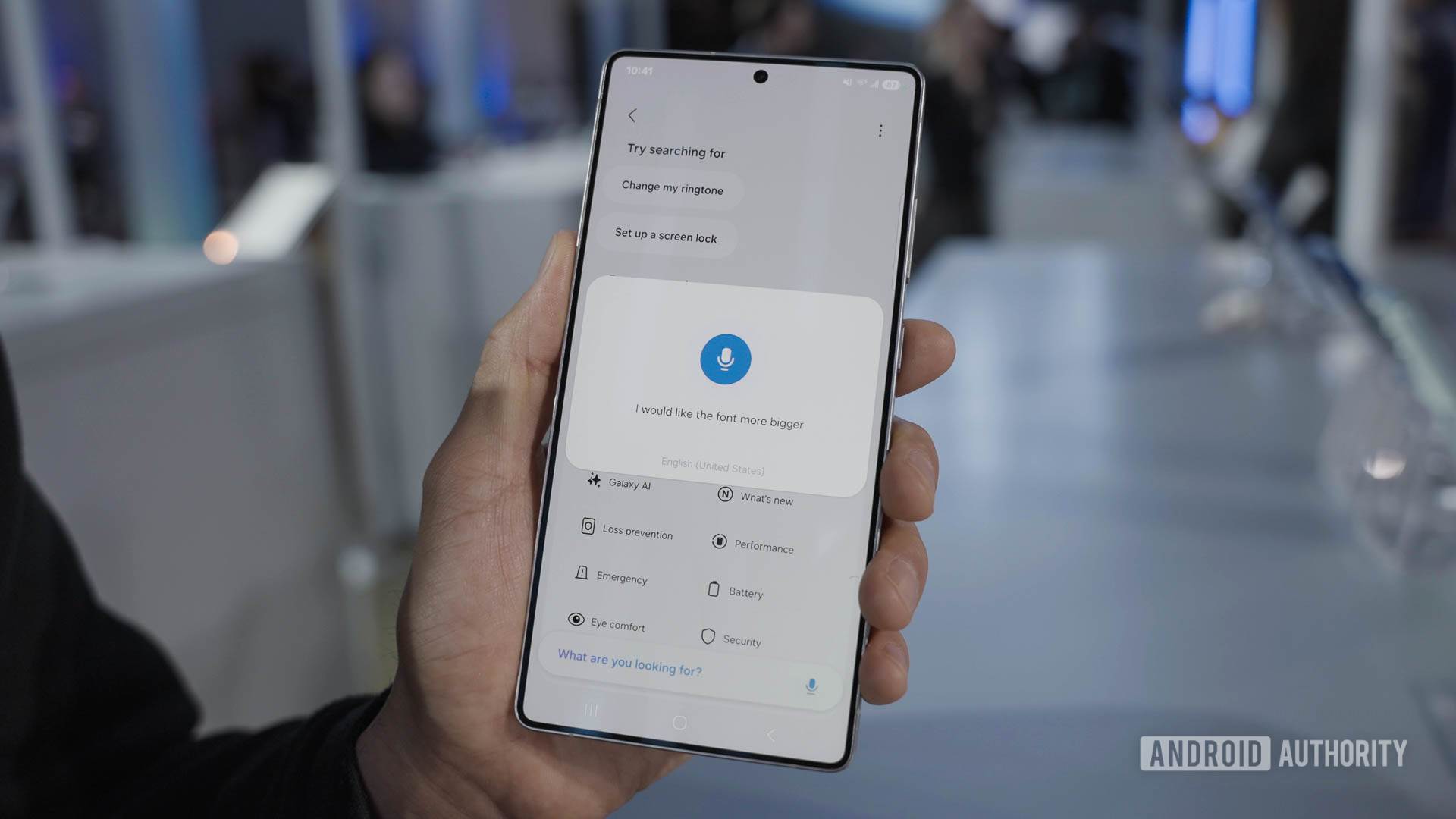
C. Scott Brown / Android Authority
Still, it’s not like the hardware market is short on innovations that companies could be focusing on instead. Silicon-carbon battery technology has allowed brands like vivo to squeeze huge cells into only marginally thicker handsets. We’re talking 5,700mAh versus the Galaxy S25’s 4,000mAh — that’s 42% longer battery life right there. For cameras, rivals have some brilliant ideas ranging from OPPO’s triple or quadruple 50MP setups, HUAWEI and HONOR with variable apertures (which Samsung did try previously, I admit), and Sony with its brilliant variable telephoto lenses that all give them a leg up. And what can I say about charging? Chinese brands are both faster and cooler than Apple, Google, and Samsung.
Any and all of these are more useful day-to-day improvements than various forms of generative AI. But alas, they won’t provide the talking heads with quite as much airtime filler.
Bigger batteries, faster charging, superior cameras, anything would be better than yet more AI for the sake of AI.
Perhaps the problem is that hardware investments are viewed as risky, and the payoff is restricted to mostly a one-time purchase. Software and AI, on the other hand, profess a new avenue to long-term revenue. That is if anyone can make AI profitable. So far, none of the big companies have successfully landed on a viable long-term business model, mainly because the only way to get consumers to even try out these tools is to offer them for free. Instead, AI is hoovering up venture capital and looting Google’s coffers when that money could, perhaps, be better spent on other avenues of product development.
What I hope these companies will realize is that now that everyone is doing AI, it’s really not so special. Samsung’s launch was a snore-fest because it had nothing to say outside of AI this and that, much of which Google had already showcased months ago. Wait a few more months, and you’ll find similar features cropping up at ASUS, OnePlus, Motorola, etc. Apple might even have some non-beta software to show off in the not-too-distant future, but none of that changes the fact that AI is just not special or useful enough to hang an entire product on.
Inevitably, the AI one-upmanship will continue until companies finally realize that the hype train left the station months ago. But that’s all the more reason for smartphone brands, who are in the hardware business after all, to scour the labs for more useful technologies to help break new ground.
What’s your reaction?
Love0
Sad0
Happy0
Sleepy0
Angry0
Dead0
Wink0
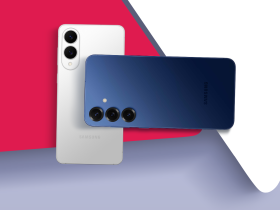
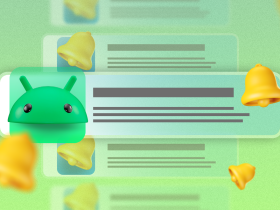
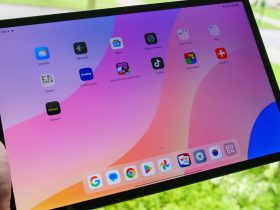

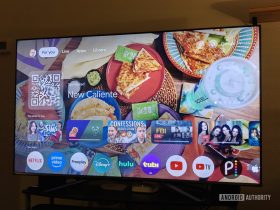

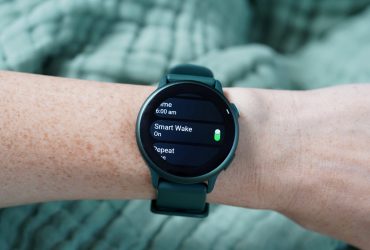
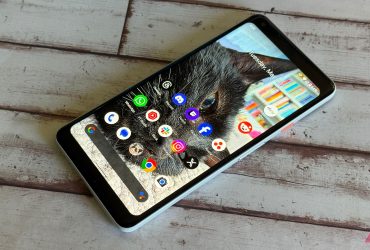
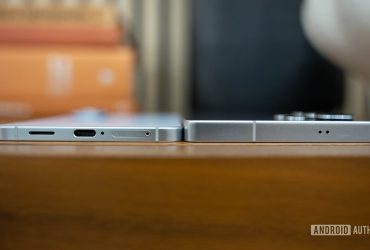
Leave a Reply
View Comments